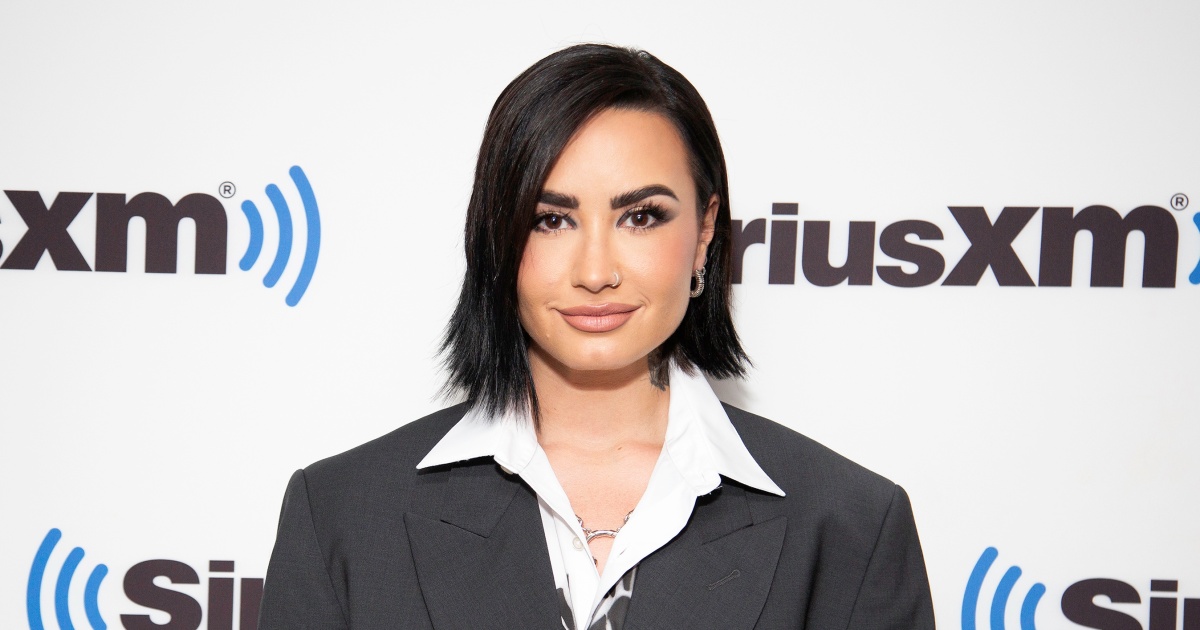Demi Lovato says she’s an advocate for mental health because she didn’t have one growing up.
The singer, actor and director discussed her years-long mission to address her mental health — and the support she offers others —during an Oct. 10 panel for the World Mental Health Day Festival hosted by Project Healthy Minds in New York City. At the event, Lovato sat down with film director and CEO Michael D. Ratner and TODAY’s Carson Daly who was diagnosed with generalized anxiety disorder in 2018.
“The first time that I dealt with depression was around seven years old,” Lovato revealed. “That was the age that I first had suicidal ideations at.” It would be another 10 years before she’d be diagnosed with bipolar disorder.
“There were so many sleepless nights, so many tears, and I didn’t know why I was feeling that way. And when I got the diagnosis, there was a sense of relief that came with it, because I thought, ‘I can put a name to this, and this is why,’” she said.
Since then, the star has been open about her struggles with addiction and an eating disorder, too. She joked she should have earned a doctorate degree given all the time she’s spent receiving treatment and undergoing therapy. But instead, she’s wielded the lessons learned to become an advocate, particularly for young people.
“I needed to be the role model that I needed at 13, because I knew that there were 13-year-olds out there that were still struggling,” said Lovato.
She and Ratner, who directed “Dancing with The Devil,” a documentary about Lovato’s mental health, family dynamics and the 2018 overdose that nearly ended her life, discussed the prevalence of public figures waiting to divulge details about their mental health struggles until the end of their careers. Lovato is determined to do it in real time for those who need it now.
She’s candid about the setbacks she’s faced for younger fans who look up to her and can’t “relate to the 50-year-olds that had recovered from their eating disorders and were now willing to talk about it,” Lovato said.
Like her young fans, Lovato struggles with social media and inclination to compare oneself to others on your feed but she urges them to remember that what’s on the screen is only a small part of someone’s life — and it’s usually the best version of it. Lovato admitted that she too walks the line between participating in public discourse online and protecting her mind. So, she offered the tools that have helped her:
- Take breaks from social media. Lovato takes a few weeks off at a time.
- Know when to step away from things that might trigger you.
- Be vulnerable. “Not everything is rainbows and sunshine,” Lovato said. “Staying vulnerable and open on social media is really important for this younger generation.”
When Lovato looks back on her childhood and her career, which began when she was just six years old, she wishes she’d spoken up.
“I wish that I had asked for help sooner,” she said. “I think I was so afraid of losing the momentum of my career that I put my recovery on hold so that I could excel in my career. And honestly, there (were not) a ton of people around me saying that that was okay to do either.” Now, she’s determined to change that.
Read the full article here
